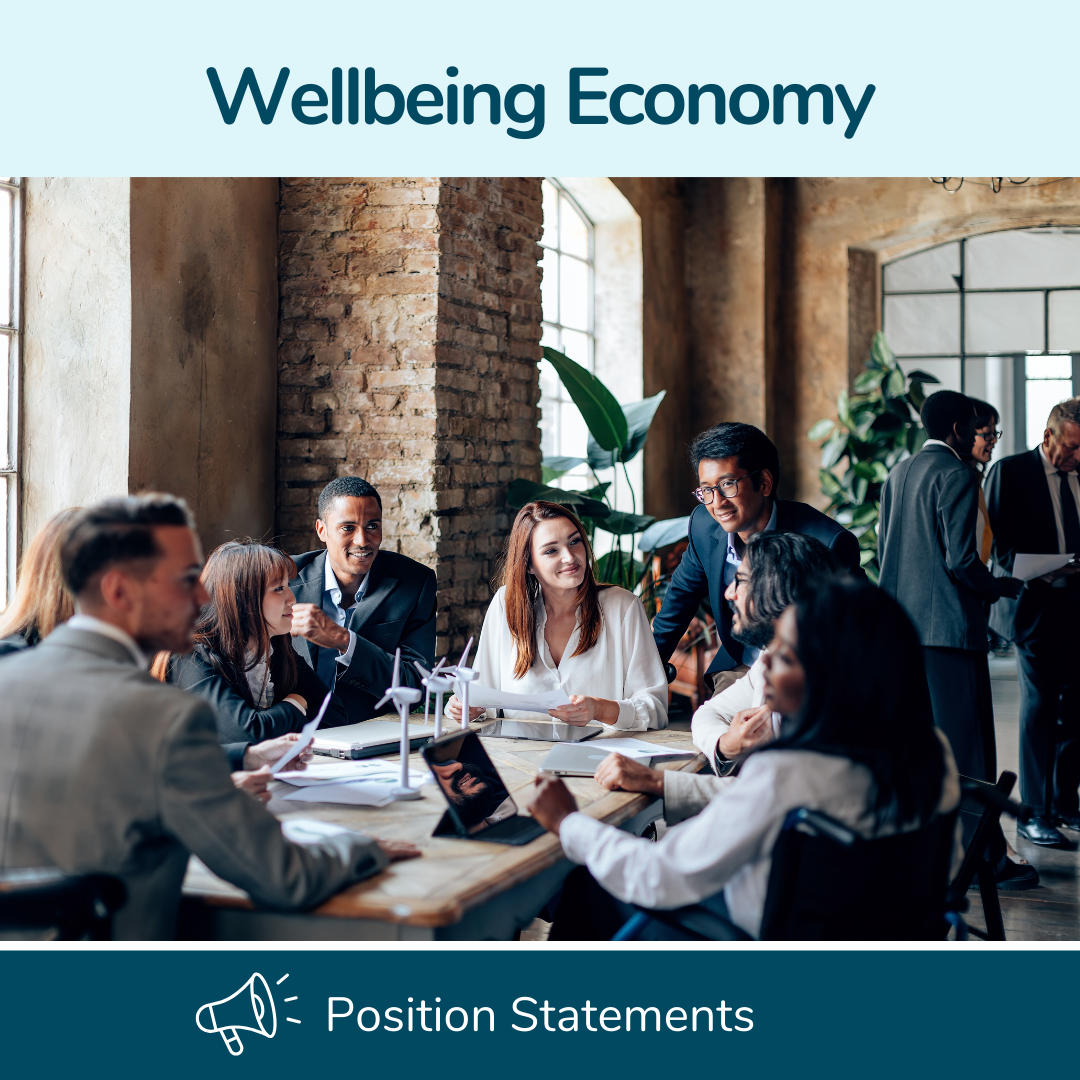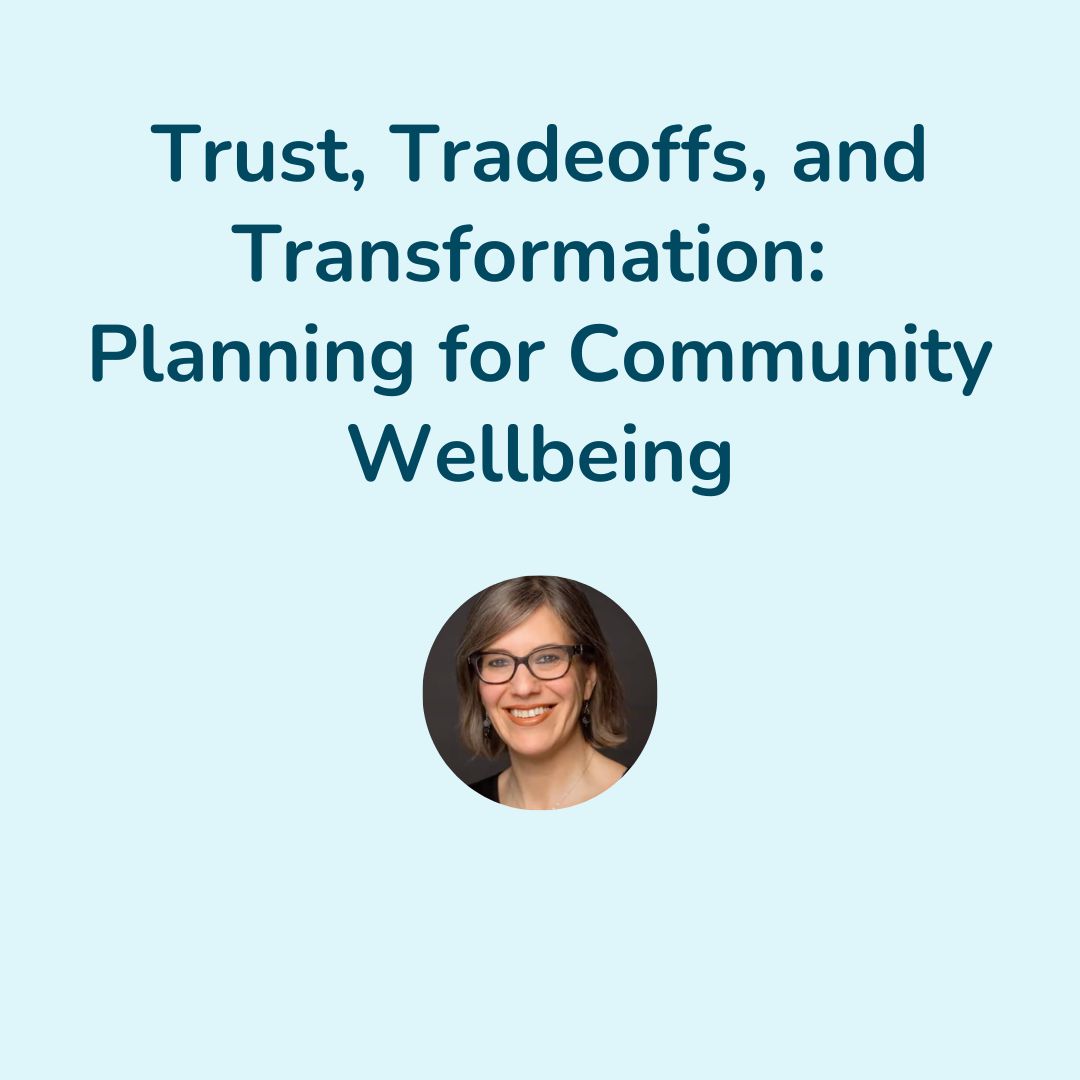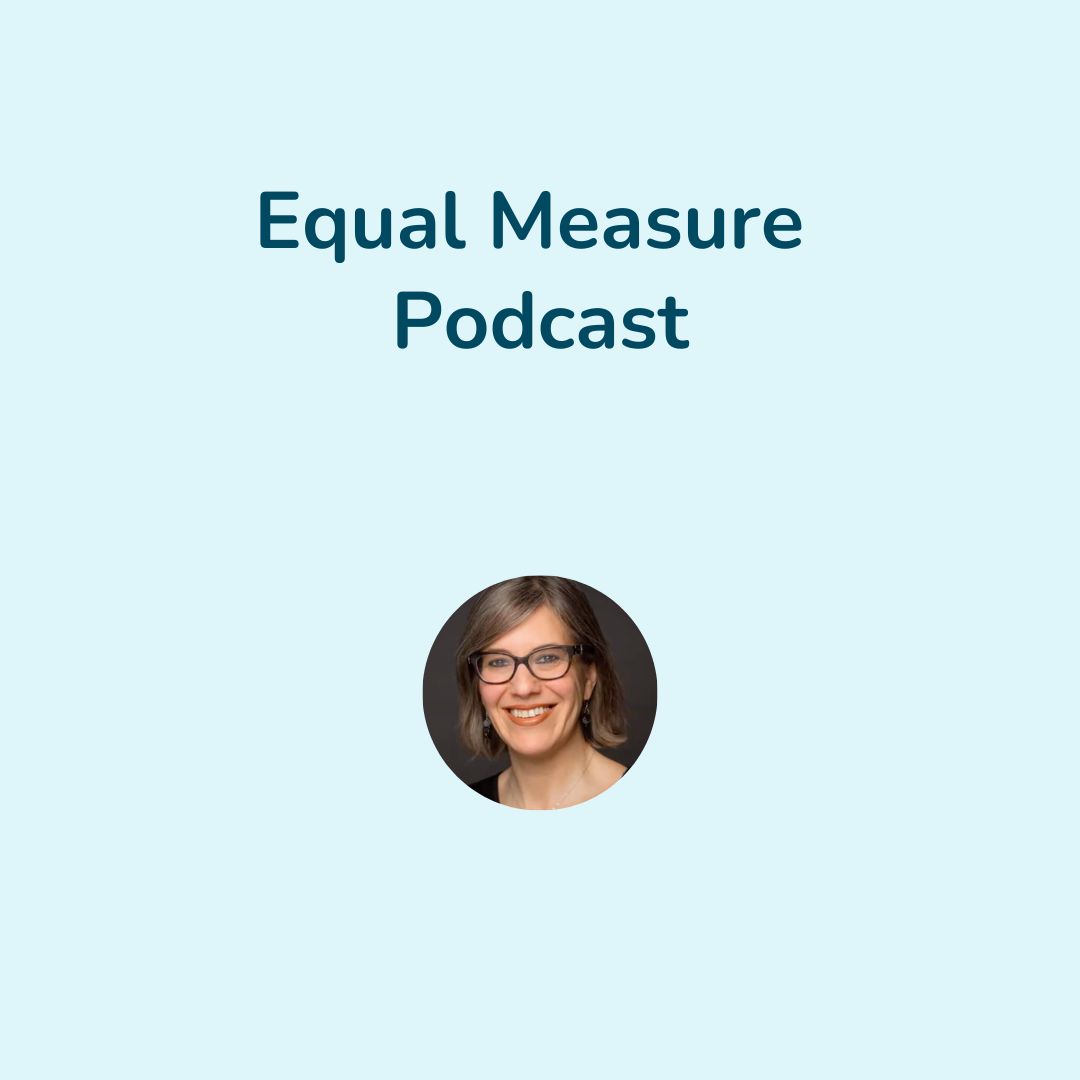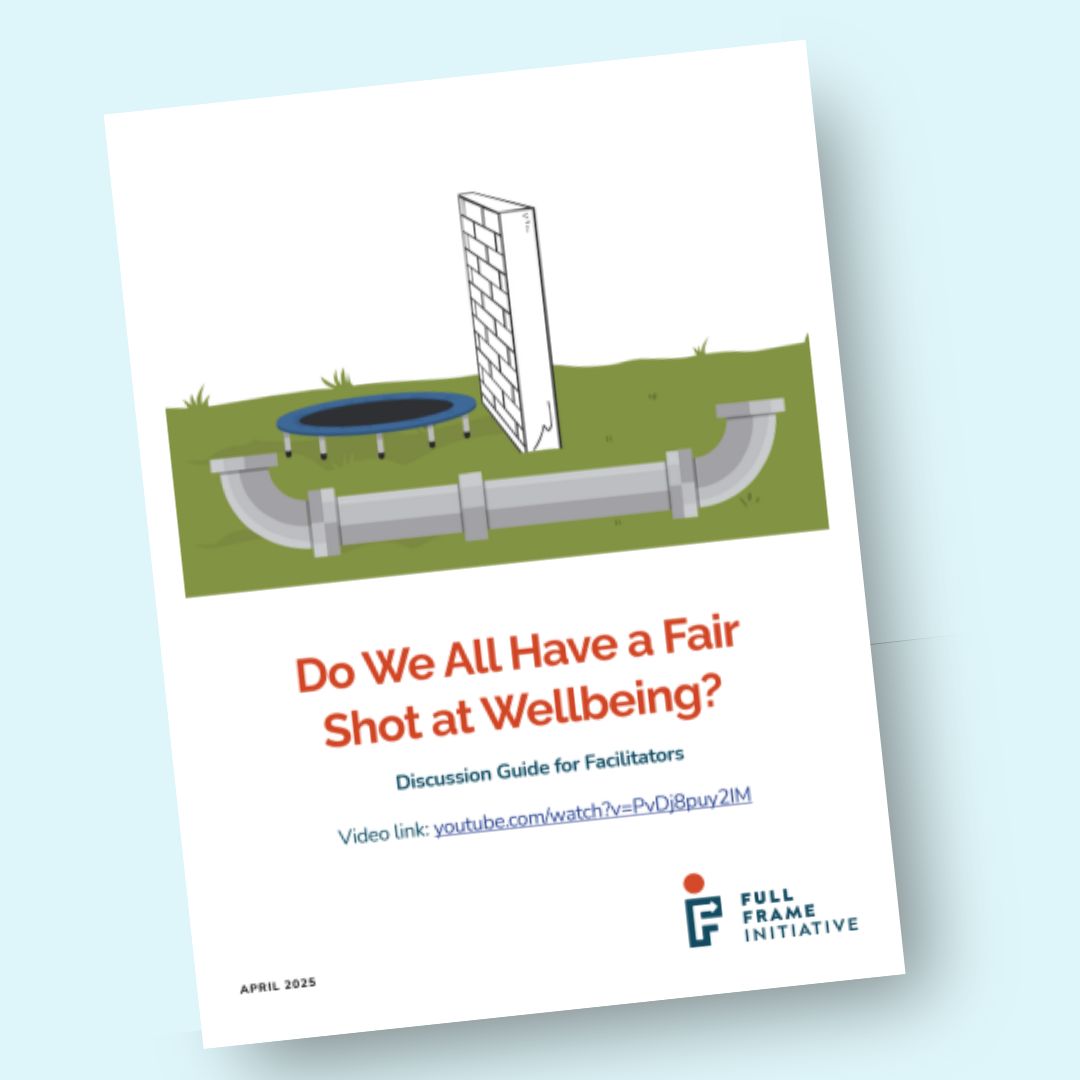
It’s no revelation that people and communities across the nation have been pulled down by systemic economic inequalities. But, if we turn the lens toward understanding the true cause, we realize that what has been stripped away is not just wealth – it’s wellbeing – and money cannot be a proxy for it.
The way our country values people and places relies uniquely on financial capital as the instrument for measure and repair.
These are the questions that will steer us away from inequitable access to wellbeing and steer us toward system changes that provide opportunities and resources for everyone to thrive.
A new economic framework, one that actually manifests in people’s lives, must start with what families and communities have, not just what they need. This new framework must be a shared system encompassing the myriad ways that we create, care for one another, and apply wealth to be individually and collectively whole.
Financial wealth matters, but it’s not equivalent to wellbeing wealth and we can’t deal with them separately. Wealth involves many forms of capital including social, knowledge, built environment and cultural, in addition to financial capital. They’re all features of a wellbeing economy; one that centers what matters to people and communities, and creates value for the common good.
Policy fixes that index only to dollars will never be truly reparative or healing. We can transform our policies and practices to build a wellbeing economy by:
A wellbeing economy is not a luxury. It’s a necessity. It is not something that we achieve once and for all, but something that we cultivate every day through our choices, habits, and actions. It is not something that we can do alone, but something that we co-create with others through our relationships, communities, and society as a whole.

Katya Fels Smyth introduced WIATT (the Wellbeing Insights, Assets & Tradeoffs Tool) in a webinar for the American Planning Association, St. Louis.

Katya sat down with Equal Measure President and CEO Leon T. Andrews, Jr. to discuss the five domains of wellbeing, the importance of sustained funding for systems change, and FFI’s closure this year.

This discussion guide accompanies the video of the same name that introduces a powerful visual analogy for the systems that lead to unequal access to wellbeing.